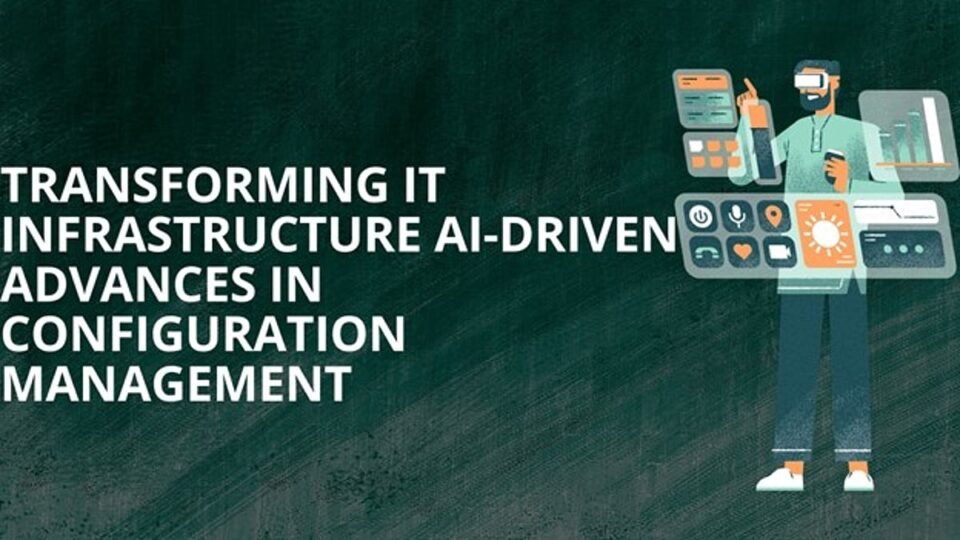Into the future, configuration management through artificial intelligence will continue evolving based on autonomous decision making, real-time optimization techniques, and enhanced predictive analytics. With these technologies, organizations stand to make large strides towards being ahead in comparative advantage against others by improving the efficiency of systems, lowering overheads in operation, and ensuring security compliance. Furthermore, integration of quantum computing capabilities will hasten the pace at which AI can process data in comparison to the corresponding processing time by classical computers. It will empower the capabilities of deploying more sophisticated pattern recognition and threat detection. Furthermore, federated learning approaches will also allow collaborative improvements in security model development across organizations, without losing personalized data privacy. AI will also be incorporating advanced explainable AI as they develop further, so as to also document clear reasoning configuring automated decisions thus enabling teams understand and validate automated actions better.
As pointed out by Pramod Muppala, AI and YAML-based configuration management are not enhancements but necessities in an increasingly complex IT world. It is through AI insights that IT infrastructures will evolve into efficient and resilient security models ushering a new digital transformation stage.

